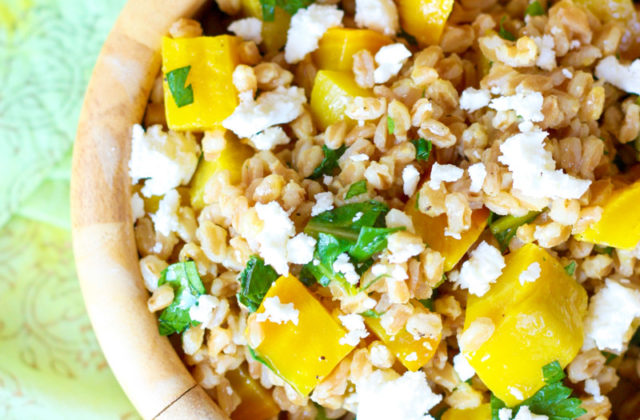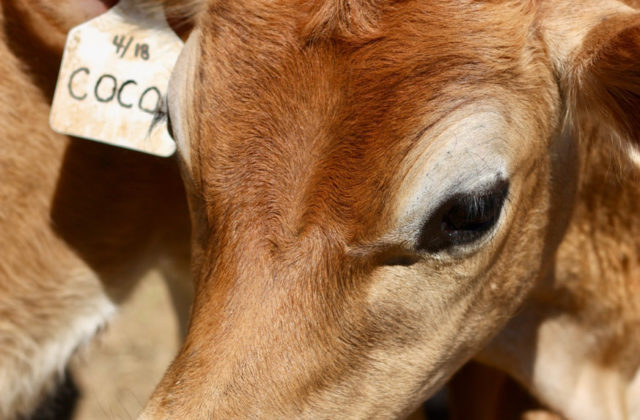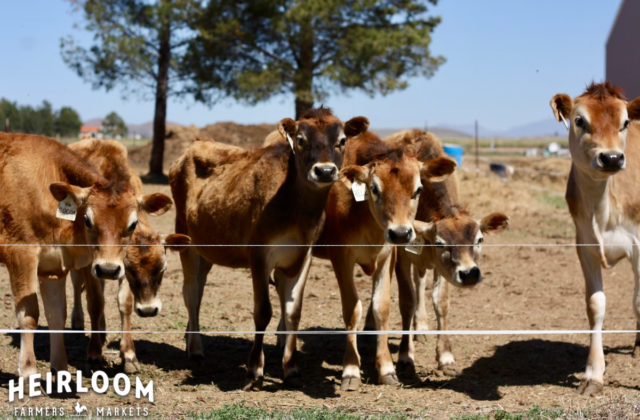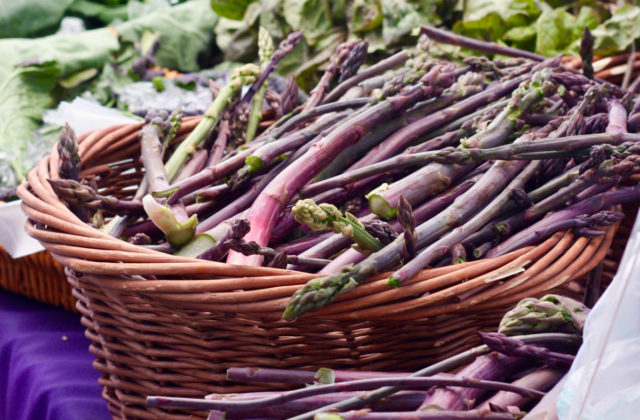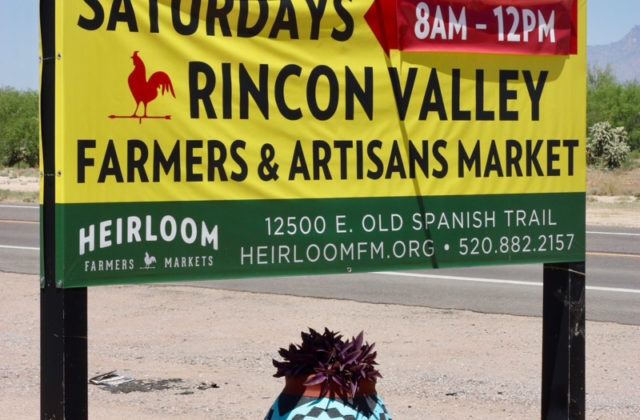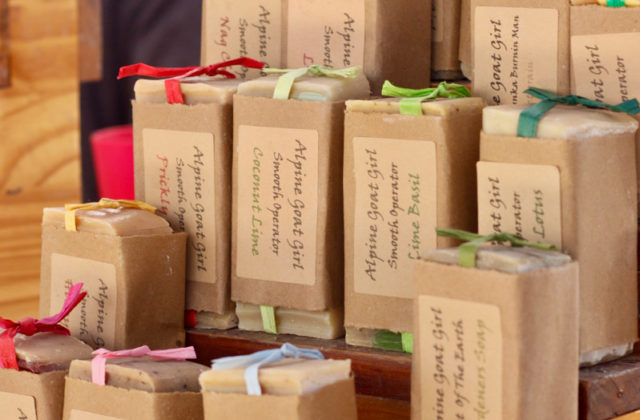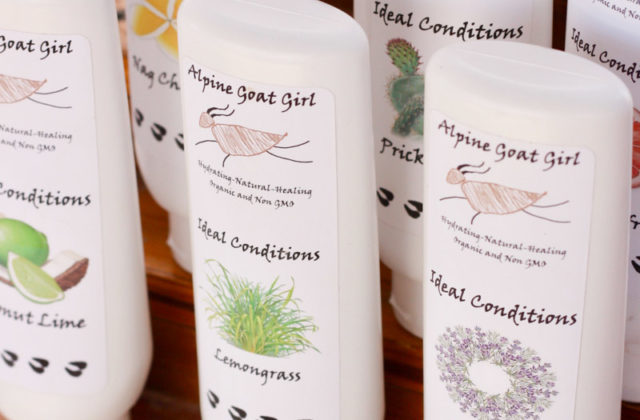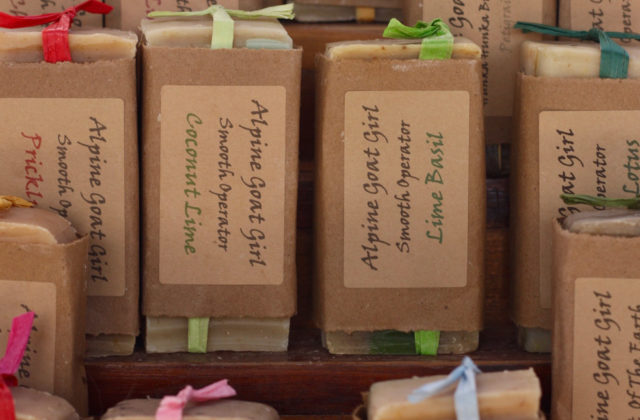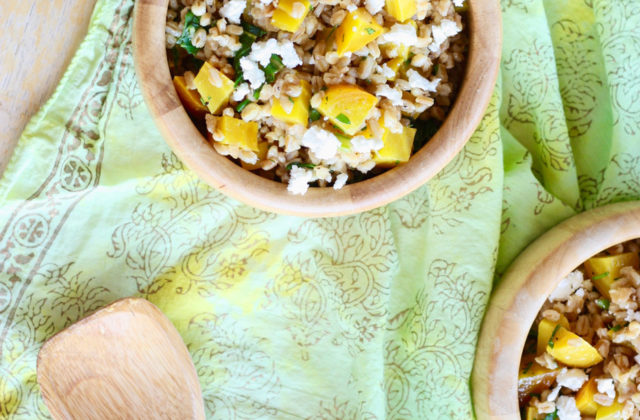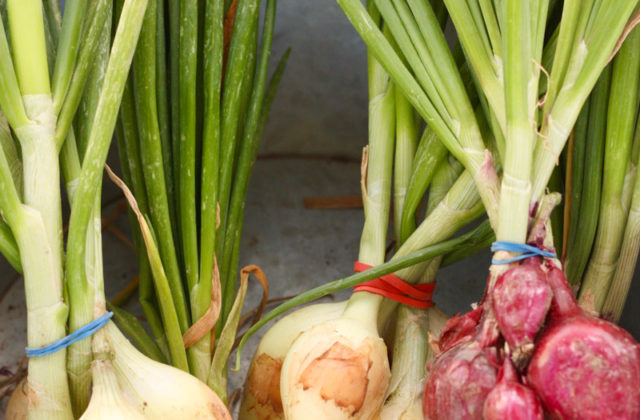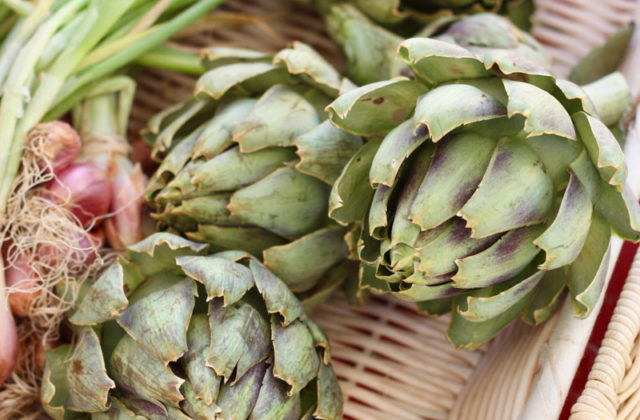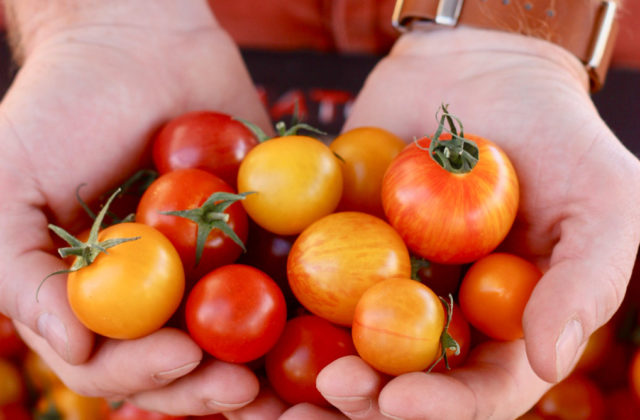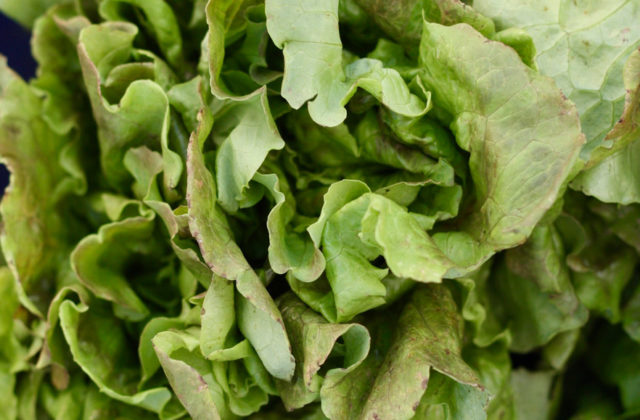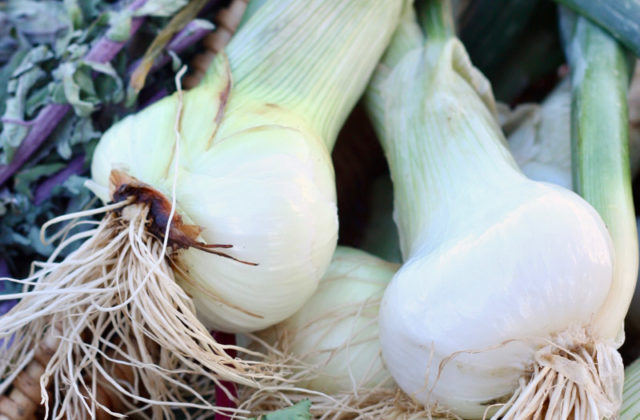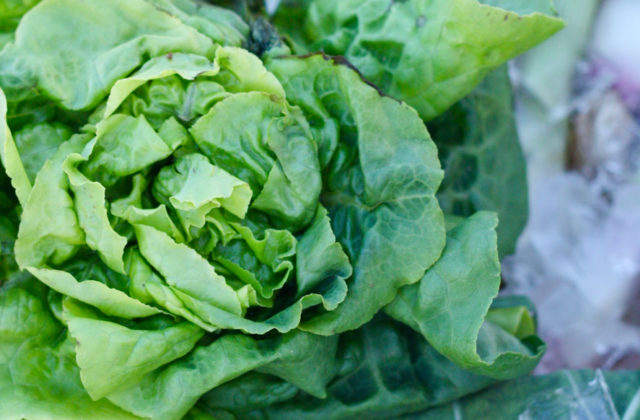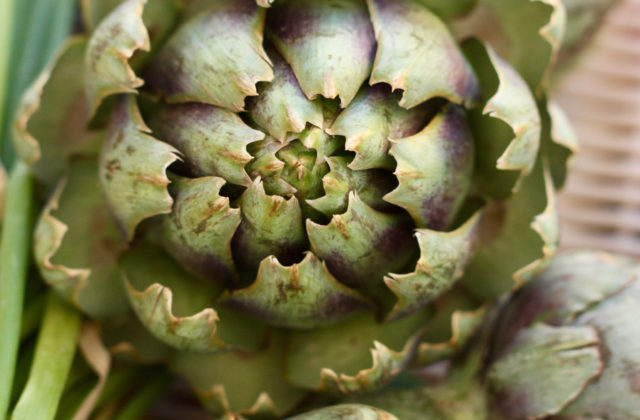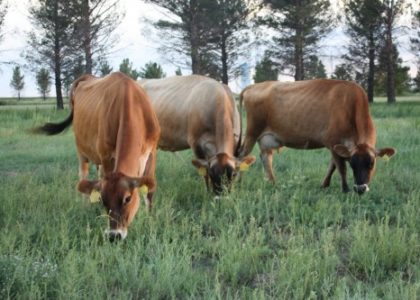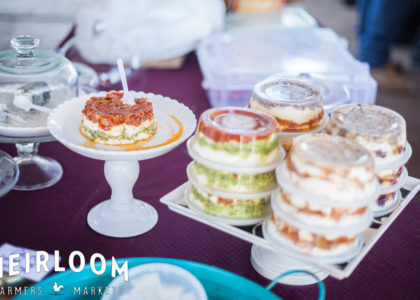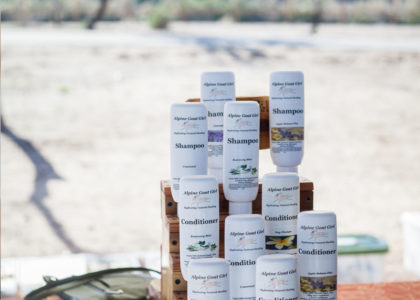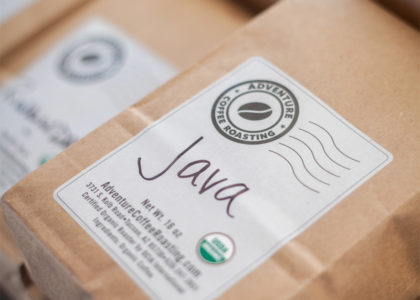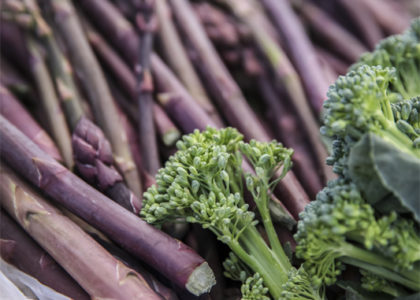Farm to Table Report – JUL/AUG 2019
Contents
• Local Dairy • Rincon Valley Farmers Market: Your New Favorite Saturday Routine
• SNAP Expands to All Heirloom Farmers Markets • Seasonal Recipe
Local Dairy
Settled in wide open country spaces where their animals are free to roam over many acres, small local dairies are reminiscent of our pastoral yesteryear. These picturesque farms are the opposite of the industrialized dairies that supply our country’s supermarkets with milk, cheese, and yogurt. By raising their animals in healthy conditions and using safe processing practices, small Arizona dairies provide wonderful alternatives to the questionable industrial dairy products that are so widespread today.
The majority of conventional and organic dairy – everything from butter, to brie, to your favorite Greek yogurt – available today comes from industrialized dairy operations. In an effort to cut costs and increase profit margins, these corporations utilize concentrated animal feeding operations (or CAFOs): confined spaces packed with far too many animals that are fed corn and other cheap commodity grains that they cannot properly digest. Confined spaces, poor diets, and filthy conditions on these factory farms lead to sick animals that produce less-than-ideal milk, which must be pasteurized (heated) to kill off the rampant harmful bacteria that thrive in such problematic conditions. Although the reality of the corporate dairy industry is far from those happy pasture-grazing animals pictured on their milk cartons, there are many happy cows and goats producing dairy in southern Arizona – and you can find their dairy at Heirloom Farmers Markets.
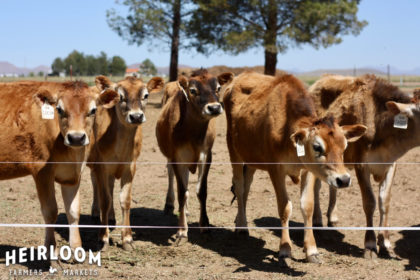 95 miles southeast of Tucson, down a pine tree-lined dirt road in the quiet community of Elfrida, sits Golden Rule Dairy. There, a modest country house, a big barn, and a small herd of content Jersey cows rest on acres of pasture at the base of the looming Chiricahua Mountains. Golden Rule is the exemplary dairy farm that industrialized milk producers pretend to be… and it’s right here in southern Arizona.
95 miles southeast of Tucson, down a pine tree-lined dirt road in the quiet community of Elfrida, sits Golden Rule Dairy. There, a modest country house, a big barn, and a small herd of content Jersey cows rest on acres of pasture at the base of the looming Chiricahua Mountains. Golden Rule is the exemplary dairy farm that industrialized milk producers pretend to be… and it’s right here in southern Arizona.
Husband and wife Jared and Joyce Strite were both raised on dairy farms on the East Coast. After operating their own dairy farm in southern Pennsylvania for eight years, they made the trek out west and settled in Dragoon, Arizona. 21 years later, with their three dairy cows and 10 children in tow, they moved down the road to Elfrida and set out to make their dream of owning a raw milk dairy come true. Now, four years and 15 Jersey cows later, Golden Rule Dairy is a fully licensed and operational raw milk dairy.
Raw milk is that which has not been pasteurized before it is consumed. “We wanted to produce raw milk because of the enzymes and good bacteria that stay intact,” Jared says, explaining that pasteurization kills many of the nutrients in milk. To receive their state-issued license, Golden Rule Dairy had to meet 3-A Standards: the highest and costliest sanitary standards that exist in the industry. To retain their license, the Strites maintain an impeccable facility and test every batch of milk for harmful bacteria.
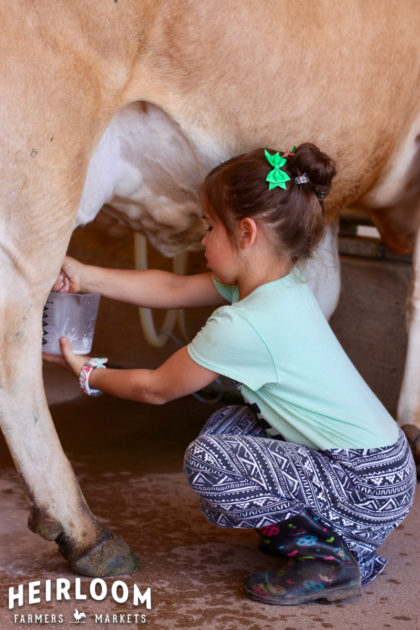
Dairies that pasteurize their milk can cut corners––feeding their cows cheap feed and cramming them into disease-filled buildings––knowing that the pasteurization process will kill most of the harmful bacteria that is harbored there. Raw milk dairies, on the other hand, have to do everything right from the beginning. At Golden Rule Dairy, this starts with a small herd of docile Jersey cows. Although Jersey cows produce less milk than more traditionally used Holstein cows, it’s higher in buttercream and thus much more delicious tasting.
The 18 lovingly-named Jersey cows that make up Golden Rule’s herd live out their lives on open pasture, free to roam, graze, and lay down as they please. As a result of their lifestyle, the cows are impeccably clean – and they eat well, too. Their pasture grazing is supplemented with a diet of local alfalfa hay, sprouted barley, and hand-fermented crimp barley, which aids in digestion. When it comes time for their twice-daily milking, the cows shuffle calmly to the spotless holding area and wait until, three by three, the whole herd is milked. You can find their delicious, creamy milk at Golden Rule Dairy’s booth at the Oro Valley and Rincon Valley markets on Saturdays, as well as at the RichCrest Farms booth at the Rillito Park Farmers Market on Sundays.
Similarly, Fiore di Capra (Italian for “Flower of the Goat”) has a herd of LaMancha and Saanen dairy goats that live happy lives on a large expanse of property just east of the San Pedro River, in Pomerene. Owner Alethea Swift has loved working with goats since she was a child, when she raised them as part of her involvement in the local 4-H club. Now, with help from her husband Michael and daughter Caitlyn, Alethea uses her goats’ milk to make a wonderful selection of fresh and aged cheeses, kefir, raw milk, yogurt, and candy.
As a state-licensed Grade A dairy, Fiore di Capra is committed to using best practices when it comes to raising their goats and producing dairy products to sell at the farmers market. The Swifts’ commitment to safe and humane practices begins on the farm, where their goats have access to a large piece of land and a sheltering barn. A diet of local bushes, branches, leaves, and pods supplements a healthy amount of locally grown, pesticide-free alfalfa and Bermuda grass hay. Life on the open range, combined with a diet free of grain, hormones, and antibiotics, allows the goats to be healthy and produce high-quality milk which serves as the basis for Fiore di Capra’s incredible products.
Alethea’s high standards carry over to her creamery, where all of her milk, kefir, fresh and aged cheese, yogurt, cajeta, and caramels are made without additives or preservatives. “Our products are artisanal, made by hand with love and passion. Whenever possible we use fresh, local, natural ingredients, grown without pesticides,” she says. You can find the Swifts, along with their line of goat dairy products, at the Fiore di Capra booth at the Rillito Park Farmers Market on Sundays.
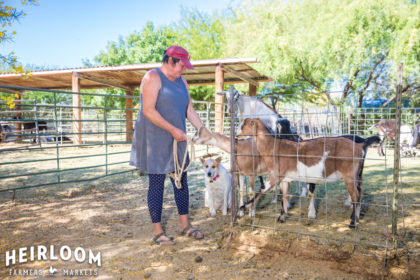
If you prefer to wear your dairy, look no further than the nourishing line of goat milk skin and hair products from Alpine Goat Girl. Owner Carol Hawkes’ experience with goats began years ago, when she and her family purchased four Alpine goats to help them carry their gear on backpacking trips. After adding a milk doe to the herd, the family began making soap with the abundance of goat milk she produced. The soap was so nourishing that Carol continued to expand her goat milk product line to include sunscreen, lotion, lip balm, shampoo, conditioner, and deodorant.
Hawkes’ healthy products begin with her goats, which are fed organic, non-GMO hay grown near their farm in Marana. This wholesome diet allows the females to produce high-quality milk that contains naturally occurring Alpha Hydroxy Acid which, according to Hawkes, “exfoliates, hydrates, and brightens the skin.” Hawkes then combines the nutrient and antioxidant-rich raw milk with a base of aloe vera, oatmeal, nopal, shea butter, and grapeseed oil before customizing each item in Alpine Goat Girl’s line of products. The next time you’re at the Green Valley, Oro Valley, or Rillito Park Farmers Markets, stop by Alpine Goat Girl’s booth and see for yourself how beneficial good, local dairy can be for your body.
When it comes to finding wonderful dairy products from trusted sources, southern Arizonans don’t have to look any further than Heirloom Farmers Markets. With access to local dairies that are committed to raising their animals in humane conditions and using safe production practices, we can choose to stop supporting the harmful corporate dairy industry.
Rincon Valley Farmers Market: Your New Favorite Saturday Routine
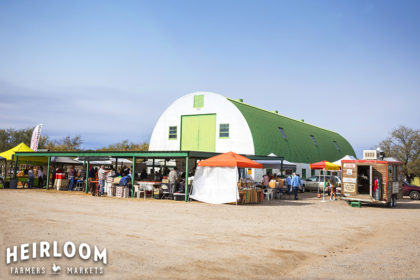
Nestled near the base of the Rincon Mountains is a lovely farmers market that houses both artisans and farmers alike. Since Heirloom Farmers Markets began managing it last summer, Rincon Valley Farmers & Artisans Market has quietly evolved to become one of the best farmers market experiences in the area. A big white and green barn filled with local art joins two ends of the market: one designated for local farmers and food producers, and the other designated for artisans. Together, the food and art vendors create a wonderful environment that’s great to stroll through on a Saturday morning.
With local produce, meat, milk, honey, and prepared foods, you’ll find that there’s no shortage of tasty food at this quaint market. When you first arrive, follow your nose to the food and drink side of the market and wake up with a cup of coffee from Adventure Coffee Roasting and a buttery pastry from Café Francais. From there, you’ll find plenty of locally grown vegetables from both Cochise Family Farm, Robbs Family Farm, and Careless Coyote that you can use to make healthy meals the rest of the week.
After you’ve filled your belly with good food, walk through the long barn corridor–stopping to peruse the sweet shops inside – until you reach the other side of the market. There, a local selection of metal, fiber, and painted art await your tasteful eye. With so much great local food and art, Rincon Valley Farmers Market is sure to find a special place in your weekend routine.
SNAP Expands to All Heirloom Farmers Markets
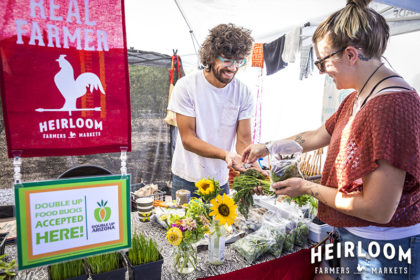
Heirloom Farmers Markets now accepts SNAP and Double Up Food Bucks at all five of its farmers markets in and around Tucson. The expansion of this program will allow the nonprofit organization to reach more SNAP customers who haven’t been able to use their benefits to buy locally grown produce at their neighborhood market and, in turn, will serve as a new source of revenue for local farmers.
Both the Taste of the Market (TotM) booth and Market Ambassador Internship program aim to help SNAP customers shop, cook, and eat locally. Each Sunday, TotM provides fun activities and taste tests to help customers learn about local food and purchasing resources that make it easier to support local, eat healthy, and cook delicious meals at home. “By engaging visitors in an educational experience, including a taste test of fresh foods, Taste of the Market empowers individuals to choose foods that nourish their bodies while supporting small-scale local agriculture and local food producers,” says TotM Program Coordinator Jackie Mendelson. Additionally, the organization’s new Market Ambassador works individually with SNAP customers at the Rillito Park Market to give market tours, connect customers with producers, teach about seasonality, and help create budget-friendly recipes and meal plans. Heirloom Farmers Markets continues to create a space that fosters inclusivity and healthy living. To learn more about SNAP visit www.heirloomfm.org/snap.
